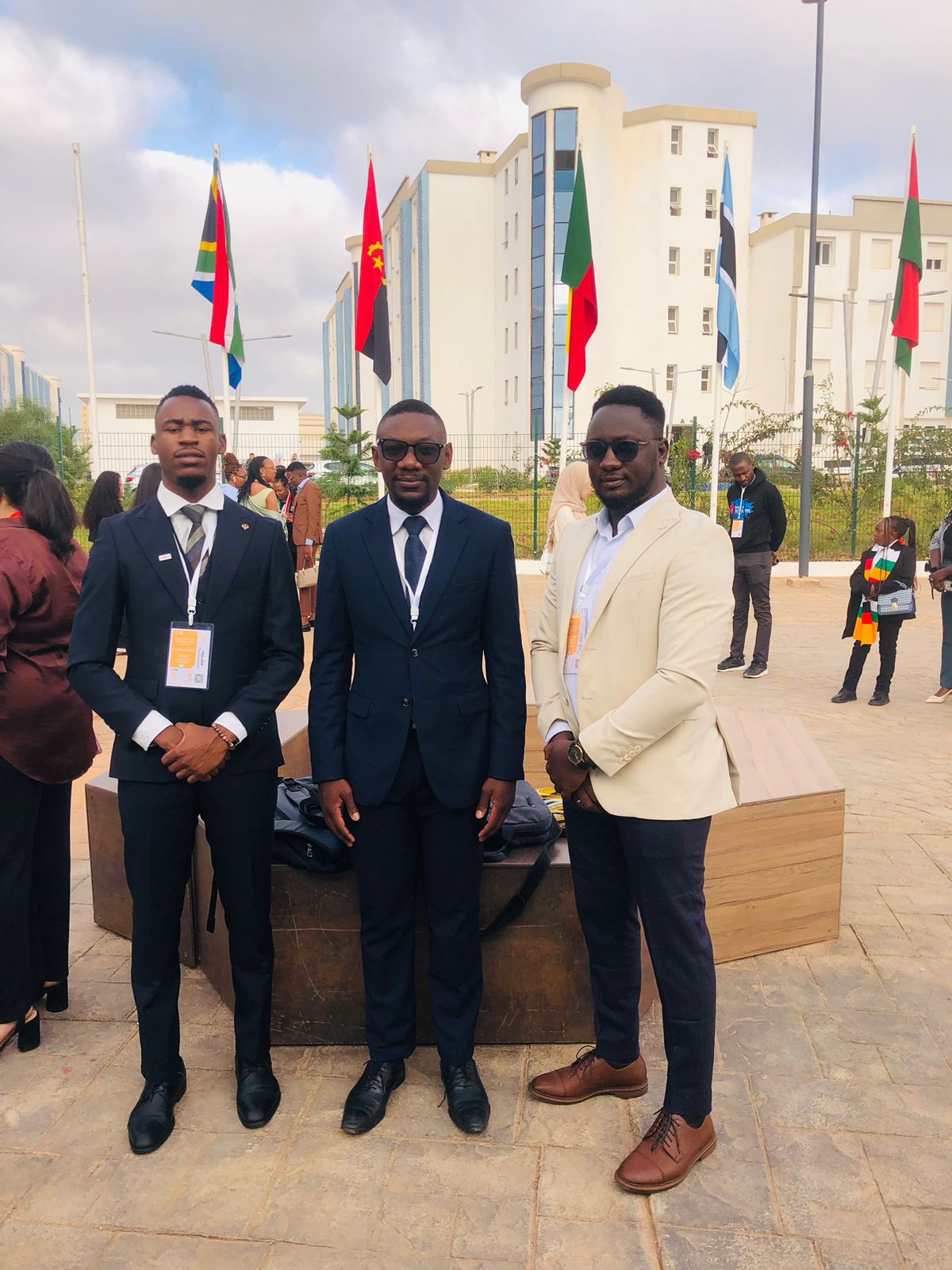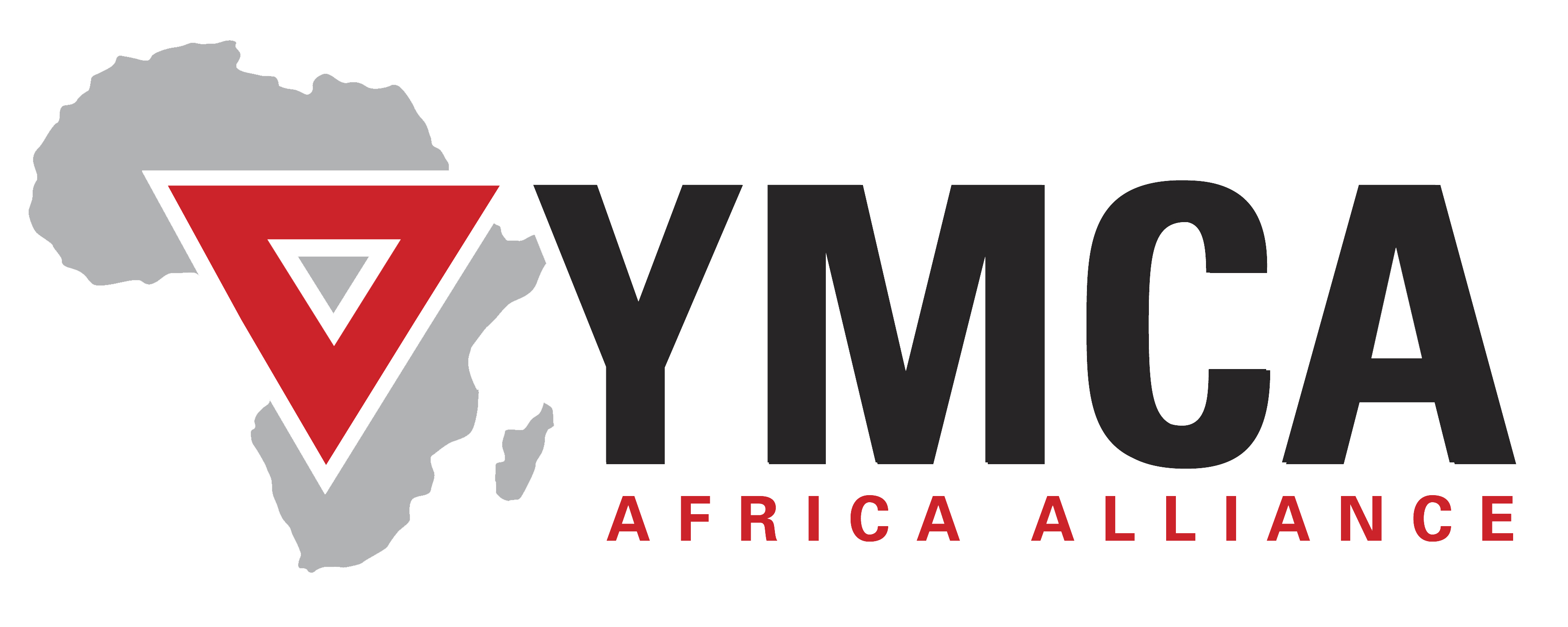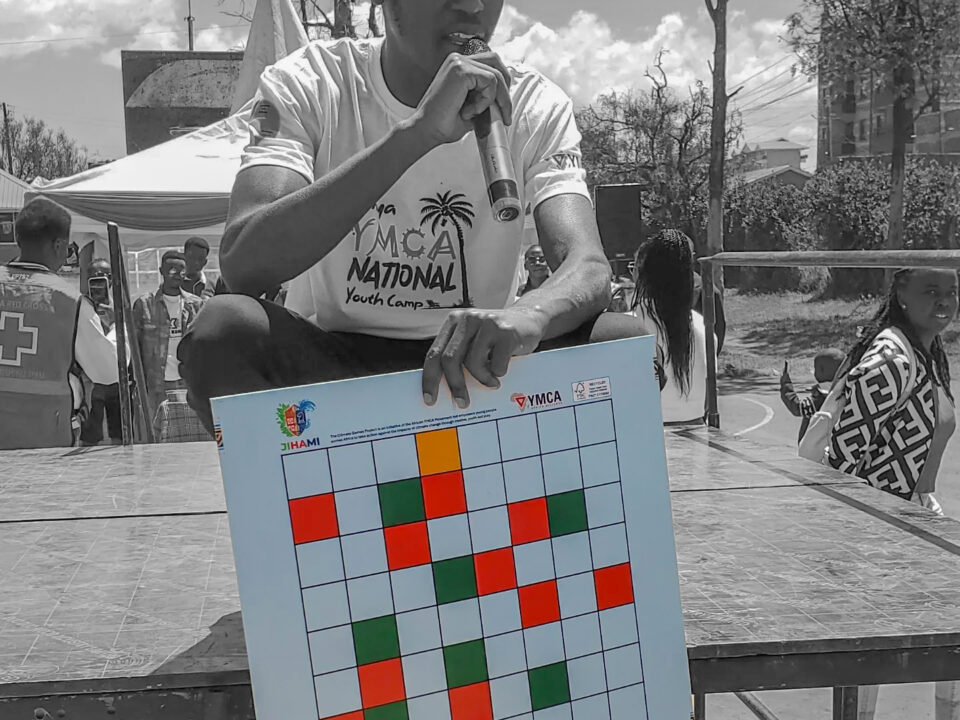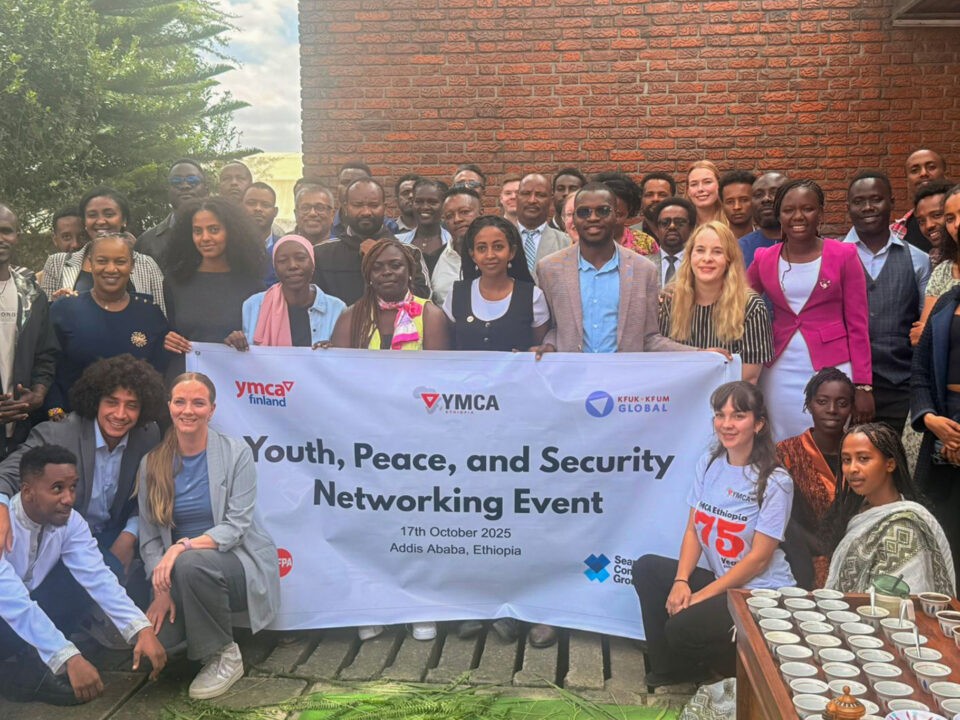Africa Alliance of YMCA at the Pan African Youth Forum

YMCA Champions Youth Entrepreneurship at Global Summit in Nairobi
10/10/2024
From Change Agent to Changemaker: My Journey as an Advocate for Youth Leadership and Social Impact
18/11/2024Date: November 11, 2024
Introduction
From November 1-4, 2024, the African Union Commission, in collaboration with Algeria's Higher Commission for Youth, hosted the Pan African Youth Forum in Oran, Algeria. This prestigious forum brought together youth leaders, policymakers, organizations, and stakeholders from across the continent to address challenges and celebrate the contributions of Africa's youth toward an integrated, prosperous, and peaceful future.
The forum aimed to empower young people by creating platforms for collaboration, innovation, and leadership development. With themes centered on youth empowerment, sustainable development, and diplomacy, the forum served as a critical space for shaping solutions to Africa’s pressing challenges.
This report outlines the forum’s objectives, highlights key sessions, and provides insights and recommendations for advancing youth-led development in Africa.
Forum Objectives
The Pan African Youth Forum focused on several core goals:
- Recognizing Youth Contributions: Celebrating the vital role young people play in shaping Africa’s future.
- Reimagining the African Youth Charter: Addressing contemporary issues such as unemployment, climate change, and digital inclusion through an updated charter.
- Harnessing Youth Perspectives: Engaging youth in policy dialogue and leadership.
- Promoting Youth Diplomacy: Equipping youth for roles in conflict resolution and international relations.
- Empowering Young People: Building capacity in education, entrepreneurship, and employment.
- Fostering Collaboration: Creating networks to amplify impact and innovation.
Key Sessions Attended
Panel Discussions
Health
This panel explored access to healthcare, mental health advocacy, and the role of youth organizations like the YMCA. Mental health emerged as a critical area, with opportunities for the YMCA to partner with institutions like the Morehouse School of Medicine in Atlanta, Georgia, to enhance training and capacity-building initiatives.Education
Focused on quality education and digital literacy, discussions emphasized bridging the digital divide and promoting vocational training aligned with emerging economic trends. Investments in education must prioritize both academic and practical skill-building.Employment
This session tackled youth unemployment, exploring solutions such as entrepreneurship and skills development. The YMCA was encouraged to invest in macro-funding initiatives and expand programs that empower young people to create self-employment opportunities.Climate Change
Youth leadership in climate action took center stage, with discussions on green entrepreneurship and sustainable development. Africa YMCA was urged to explore the use of AI to develop climate education tools accessible to diverse populations.
Breakout Sessions
Proposal Writing and Resource Mobilization
This practical workshop equipped participants with skills to develop grant proposals, secure funding, and create sustainable projects—essential for the YMCA's growth and impact.World Youth Alliance Partnership
This session highlighted opportunities to collaborate with the WYA on global youth advocacy. Strategic engagement with the alliance could amplify African youth voices internationally.Opportunities for Startups
Participants explored resources for youth entrepreneurship, including mentorship, funding, and business development. These insights are crucial for scaling initiatives like the YMCA’s Subject to Citizen (S2C) program.
Key Takeaways
- Youth-Centric Development: Africa's youth are vital to solving challenges in education, health, climate change, and employment.
- Revitalizing the African Youth Charter: Active youth participation in updating the charter is essential for addressing contemporary challenges.
- Capacity Building: Training in resource mobilization, advocacy, and entrepreneurship is critical for sustainable youth leadership.
- Networking for Impact: Collaboration with international and regional stakeholders is key to amplifying youth-led initiatives.
- Youth Diplomacy: Engaging in policy discussions at AU, UN, and other forums strengthens Africa’s youth-driven development agenda.
Recommendations
- Revise the African Youth Charter: Advocate for a youth-centered revision and align YMCA national movements with its goals for grassroots advocacy.
- Expand Capacity-Building Programs: Organize workshops on resource mobilization, advocacy, and entrepreneurship for youth leaders across Africa.
- Facilitate Youth Diplomacy: Strengthen engagement in global policy platforms by organizing information sessions on opportunities from international bodies.
- Enhance Collaboration: Build stronger networks between YMCA movements, national councils, and continental organizations to foster youth development.
- Mentor Grassroots Organizations: Establish the YMCA as a mentor for local youth organizations, providing technical support and capacity building.
- Develop a Resource Mobilization Strategy: Focus on strategic partnerships and long-term funding solutions for youth-led initiatives.
- Support Youth Entrepreneurship: Expand connections to incubators, accelerators, and mentors to nurture youth-led startups, particularly through programs like S2C.
The Pan African Youth Forum highlighted the potential of Africa’s youth to lead transformative change. Through strategic initiatives and collaborations, the YMCA can further empower young leaders, making a significant impact on the continent’s development.





